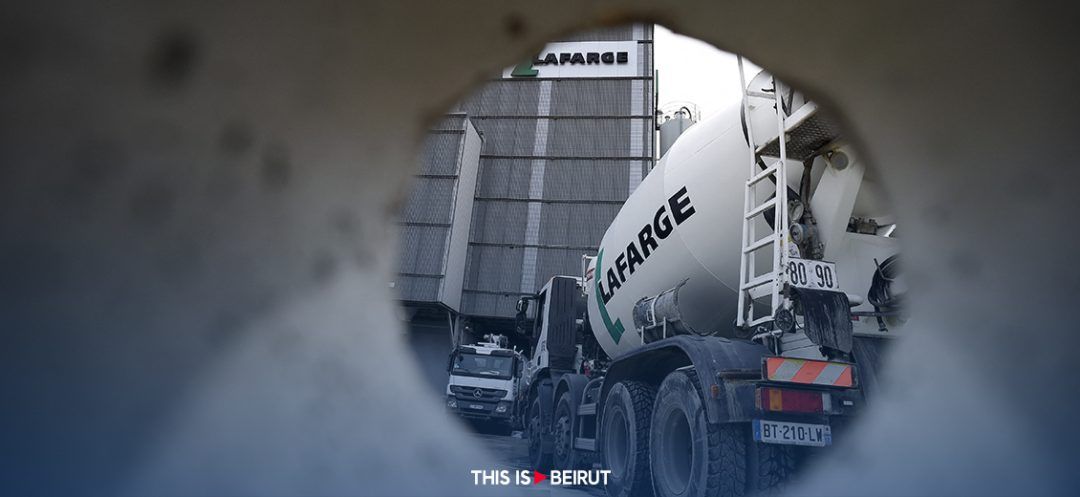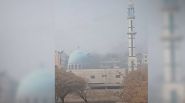- Home
- Middle East
- French Judiciary Upholds Charge against Lafarge over Syria

©(Photo by FRANCK FIFE / AFP)
The highest appeals court in France decided on Tuesday, that the French Industrial company Lafarge could face charges of complicity in crimes against humanity. This pertains to the alleged payments made to jihadist groups during the Syrian civil war.
France's top appeals court on Tuesday ruled that cement maker Lafarge could be charged with complicity in crimes against humanity over alleged payoffs to jihadist groups during Syria's civil war.
Lafarge, now part of Swiss building materials conglomerate Holcim, has acknowledged that it paid nearly 13 million euros ($14.2 million at current rates) to middlemen to keep its Syrian cement factory running in 2013 and 2014. This was long after other French firms had pulled out of the country.
The company contends that it had no responsibility for the money winding up in the hands of terrorist groups -- which allegedly included Islamic State -- and in 2019 a court threw out the charge of complicity in crimes against humanity.
But that ruling was subsequently overturned by France's Supreme Court, a decision that became final with Tuesday's decision by the country's highest appeals court.
However, the court threw out an earlier charge of endangering the lives of others, saying French law could not be applied to Syrians working in the factory.
Lafarge pulled out foreign staff at its Syrian site in 2012 but kept local workers in place until 2014, when the site was evacuated just before Islamic State took it over.
Several Syrian staff and NGOs filed a legal complaint against Lafarge, and France's judiciary opened a probe in 2017.
Khalil Wakim, with AFP
France's top appeals court on Tuesday ruled that cement maker Lafarge could be charged with complicity in crimes against humanity over alleged payoffs to jihadist groups during Syria's civil war.
Lafarge, now part of Swiss building materials conglomerate Holcim, has acknowledged that it paid nearly 13 million euros ($14.2 million at current rates) to middlemen to keep its Syrian cement factory running in 2013 and 2014. This was long after other French firms had pulled out of the country.
The company contends that it had no responsibility for the money winding up in the hands of terrorist groups -- which allegedly included Islamic State -- and in 2019 a court threw out the charge of complicity in crimes against humanity.
But that ruling was subsequently overturned by France's Supreme Court, a decision that became final with Tuesday's decision by the country's highest appeals court.
However, the court threw out an earlier charge of endangering the lives of others, saying French law could not be applied to Syrians working in the factory.
Lafarge pulled out foreign staff at its Syrian site in 2012 but kept local workers in place until 2014, when the site was evacuated just before Islamic State took it over.
Several Syrian staff and NGOs filed a legal complaint against Lafarge, and France's judiciary opened a probe in 2017.
Khalil Wakim, with AFP
Read more



Comments